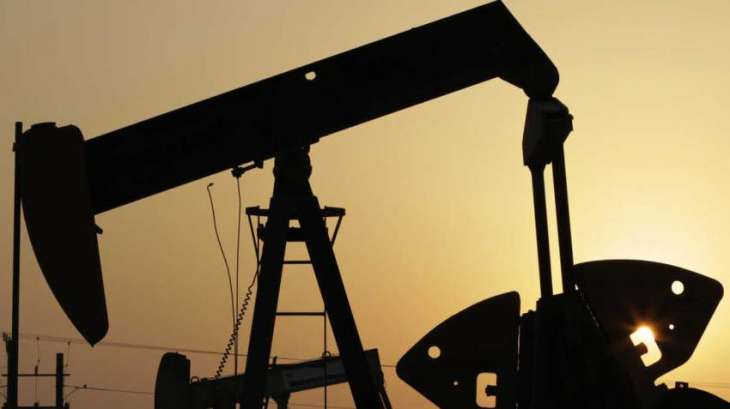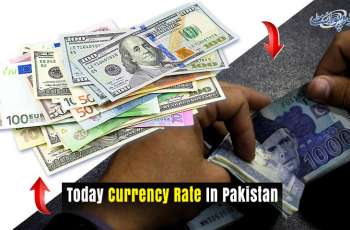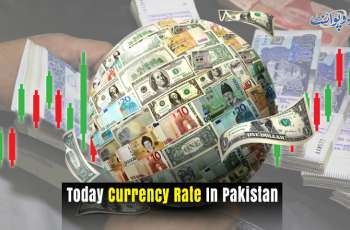The oil-producing countries of the OPEC+ can be expected to freeze the agreed upon production increase in response to the US decision to release barrels from strategic reserves in fear of further destabilizing the market, Mamdouh Salameh, an international oil economist and a visiting professor of energy economics at the ESCP Europe Business School in London, told Sputnik
MOSCOW (Pakistan Point News / Sputnik - 23rd November, 2021) The oil-producing countries of the OPEC+ can be expected to freeze the agreed upon production increase in response to the US decision to release barrels from strategic reserves in fear of further destabilizing the market, Mamdouh Salameh, an international oil economist and a visiting professor of energy economics at the ESCP Europe business school in London, told Sputnik.
Earlier on Tuesday, US President Joe Biden announced the release of 50 million barrels of oil from the Strategic Petroleum Reserve (SPR) in concert with other energy consuming nations, including China, India, Japan, South Korea and the United Kingdom.
"OPEC+ has rightly refused to heed President Biden' calls to increase production beyond what it has already agreed upon for fear of tipping the oil market towards glut. However, if OPEC+ sees a threat to oil prices from consuming countries release of barrels from their strategic reserves, it could freeze the current agreed increase of production by 400,000 barrels a day (b/d) and could even decide to cut production further to defend oil prices in their coming meeting on December 2, 2021," the expert said.
Moreover, measures similar to the ones taken by the US have already been tried before to tackle oil prices, but were found lacking, Salameh noted. This time the release of some couple dozen million barrels from reserves will also hardly impact global oil supplies and prices, he warned.
"Even a release of 100 million barrels (1-day global consumption) could only initially lead to a price reduction of up to $2.0 a barrel, but prices will certainly rebound much higher than the pre-release levels," Salameh added.
The underlying reason for the price spike is the robustness of the global oil demand, underpinned by the global economy growing this year at 6.3%, its fastest growth rate in 15 years, a steep decline in international oil inventories and a firm stand by OPEC+ on oil production, according to the expert.
The way out of the current crisis would be the immediate global investment of about $1 trillion in oil and gas exploration and production expansion, but "such investments aren't forthcoming soon or possibly ever because of the pressure on oil and gas companies to divest of their oil and gas assets," Salameh said.
Since such large-scale oil investments are unlikely and, even if they were made available, they would take years to yield results, the expert expects oil prices to continue to surge for the next five years, minimum.
"Therefore, the United States and other countries shouldn't waste their breath and should let the market decide on price levels. One shouldn't swim against the tide," he concluded.




